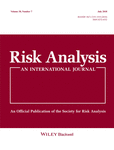Ellen Peters, a psychology professor at the Ohio State University who specializes in decision making and innumeracy, has returned this spring to Penn, where she studied as an undergraduate.
Science of Science Communication
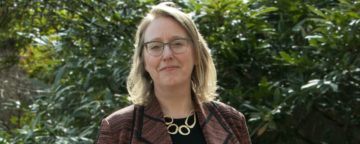
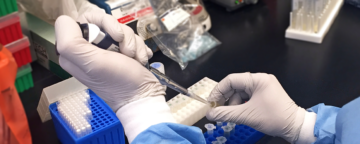
False Beliefs About MMR Vaccine Found to Influence Acceptance of Zika Vaccine
People’s willingness to use a Zika vaccine when it’s available will be influenced by how they weigh the risks associated with the disease and the vaccine, but also by their misconceptions about other vaccines, a new study has found.
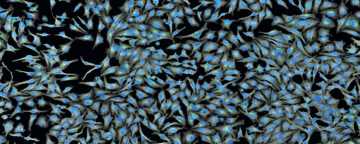
Crisis or Self-correction: Rethinking How the Media Cover Science
An analysis in PNAS of how the media cover science considers whether scientific self-correction is contributing to a flawed narrative and inadvertently undermining public trust in science.

Expert Panel Proposes Common Authorship Standards to Promote Integrity in Science
Scholars, editors, and scientists at a National Academy of Sciences-Sunnylands-APPC retreat proposed uniform standards and greater transparency to clarify the roles of authors across different journals, fields, and cultures.

Social Media Can Complement Surveys on Public Health Issues
An analysis of Twitter posts during the Zika outbreak in 2016 shows a correlation between Twitter topics and the results of nationwide U.S. surveys, according to researchers at APPC and the University of Illinois.
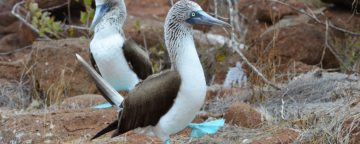
Understanding Evolution Leads to Greater Acceptance of It
Research from two APPC distinguished research fellows shows that Americans' understanding of evolution - as well as their politics and/or religion - is tied to their acceptance or rejection of it.
